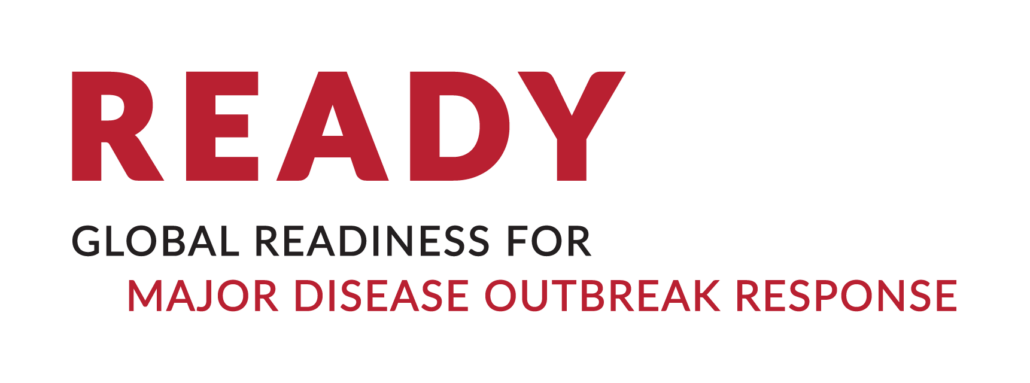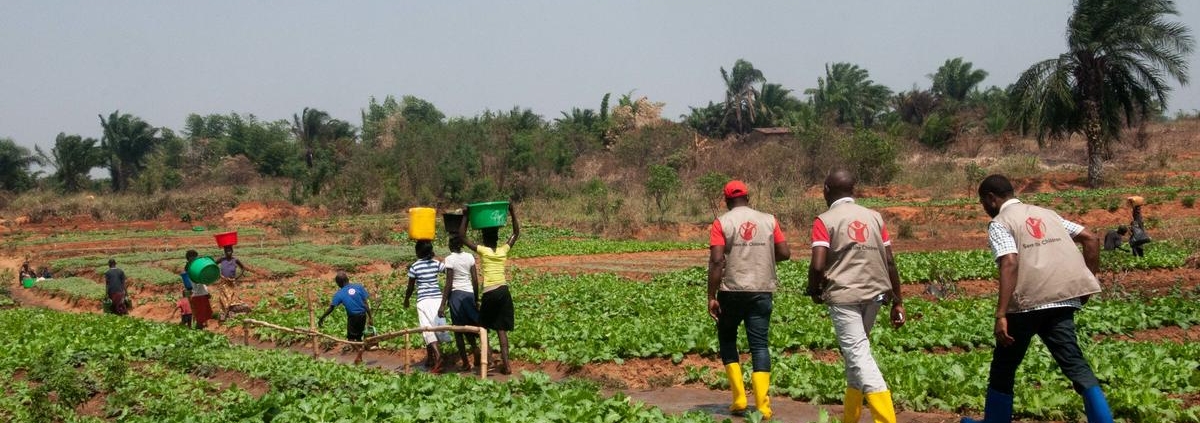Orientation sur les ressources relatives au choléra
Auteur : Fédération internationale des sociétés de la Croix-Rouge et du Croissant-Rouge
Ce guide est un document évolutif destiné à aider les Sociétés nationales de la Croix-Rouge et du Croissant-Rouge et leurs partenaires à disposer de guides thématiques, d'outils et de ressources clés disponibles sur le choléra. Ce document n'énumère pas tous les documents sur le choléra, mais vise à compiler certains des plus importants pour aider différents pays sur le terrain.
Consultez les conseils dans Anglais ici.
Ressources clés pour déterminer quels outils et ressources peuvent être utilisés pour mettre en œuvre les activités principales :
1. Comprendre la situation (analyse du contexte) :
• Outils d'analyse du contexte du service collectif du RCCE
• Outil d’engagement et de responsabilisation communautaire 13 CEA en évaluation (section 2 – analyse du contexte)
• Questions pertinentes pour une analyse rapide du contexte
2. Évaluations et informations rapides
• Compilation par le RCCE Collective Service d'une banque de questions pour les évaluations
• Questionnaire de base sur le choléra destiné aux ménages
• Outils d'évaluation rapide des risques de choléra en matière d'EAH
• Discussion de groupe sur la norme relative au choléra (FGD)
• ORP – Outil d’évaluation des engagements minimaux en matière de diversité de genre dans les programmes d’urgence
• Évaluations anthropologiques rapides sur le terrain
• Outil d'analyse rapide du contexte à distance (RR-CAT) dans les épidémies
3. Coordination et planification
• Outil d'engagement et de responsabilisation communautaire 4 Modèle de stratégie de l'AEC
• Lignes directrices de la FICR pour la planification de la promotion de l’hygiène dans les opérations d’urgence
• Kit de contrôle des épidémies – Choléra – pour les bénévoles de la communauté
• Boîte à outils de contrôle des épidémies – Choléra – pour les responsables de la réponse
• Groupe de travail mondial sur la lutte contre le choléra – Manuel de terrain sur la réponse aux épidémies de choléra
• Groupe de travail mondial sur la lutte contre le choléra – Application Choléra
• Application de calcul de la solution de chlore du CICR
4. Mise en œuvre
• Ressources de mise en œuvre et de suivi du service collectif RCCE pour le choléra
• Dynamiques sociales, comportementales et communautaires liées à l'épidémie de choléra au Malawi


Ce site Web est rendu possible grâce au soutien du peuple américain à travers le Agence des États-Unis pour le développement international (USAID) dans le cadre de l’initiative READY. READY (pas un acronyme) est soutenu par l'USAID Bureau pour la démocratie, les conflits et l'assistance humanitaire, Bureau américain d'assistance en cas de catastrophe à l'étranger (OFDA) et est dirigé par Sauver les enfants en partenariat avec le Centre Johns Hopkins pour la santé humanitaire, le Centre Johns Hopkins pour les programmes de communication, Royaume-Uni-Med, Alliance ÉcoSanté, et Miséricorde Malaisie. Le contenu de ce site Web relève de la seule responsabilité de Save the Children. Les informations fournies sur ce site Web ne reflètent pas nécessairement les points de vue de l'USAID, de l'un ou de tous les partenaires du consortium, ou du gouvernement des États-Unis, et ne constituent pas des informations officielles du gouvernement américain.


